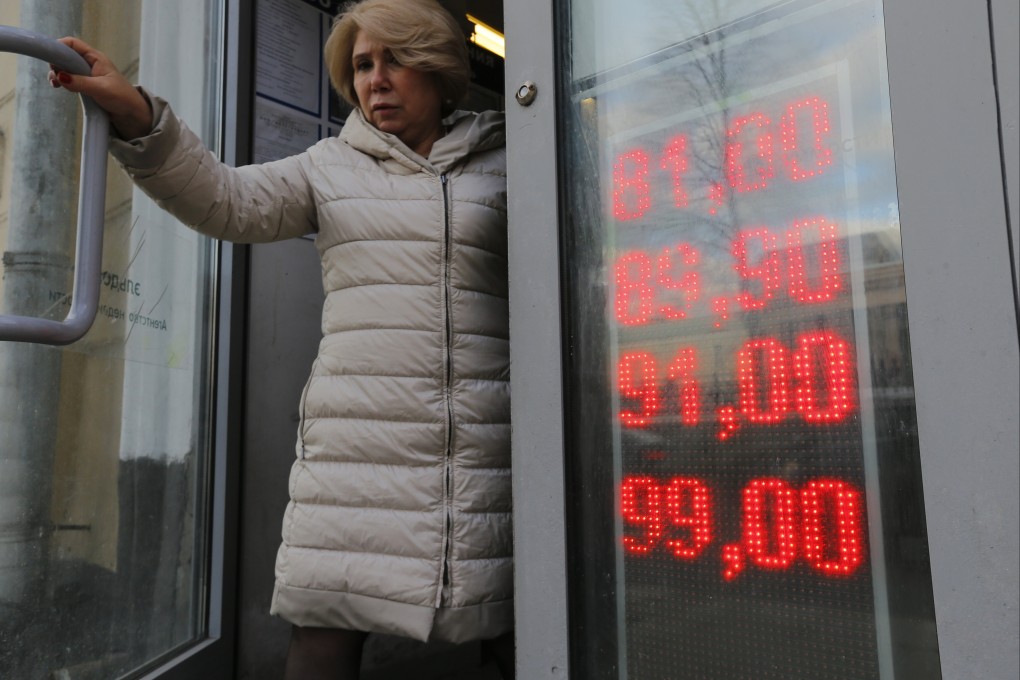The View | Swift sanctions on Russia won’t stop gas flow to Europe. Will they blunt its war effort?
- Being removed from the international payment system will make life more difficult for Russia, but the sanctions have left energy largely untouched
- The sanctions are expected to still do heavy damage to the Russian economy and could push Russia and China towards alternatives to Swift

Swift is an acronym for the Society for Worldwide Interbank Financial Telecommunication. It provides technology that speeds money transfers and facilitates trade. Without it, Russian banks will struggle to easily move money in and out of the country. Russian citizens face restrictions on credit cards linked to foreign entities such as Visa and Mastercard.
Germany depends heavily on Russia for its natural gas, used primarily for heating. Gas prices have surged in Europe in the past year, and ending imports from Russia would send them even higher. Russia earned more than US$200 billion last year from oil and gas exports.
On February 25, German Finance Minister Christian Lindner called attention to the payment problem, saying Europe had to consider whether a Swift suspension could “prompt Russia to stop its gas deliveries, because they can’t be paid any more”. The threat of a gas cut-off is why French Finance Minister Bruno Le Maire called Swift a “financial nuclear weapon” to be used only as a last resort.
Brussels-based analyst Jacob Kirkegaard of the Peterson Institute for International Economics rejected the possibility of Russia cutting off energy exports: the gas will continue to flow as the Russians will be paid because of the energy exemption.
